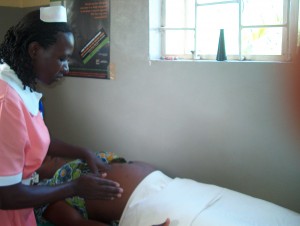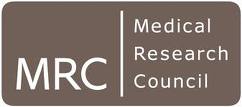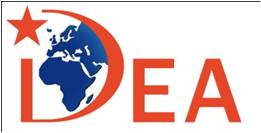Hypothesis and aims
Worm infections can result in strong immune modulation of their mammalian hosts. This presumably evolved to protect the worms from host immune responses that could kill or expel them. EMaBS was based on the hypothesis that these effects could “spill over” and influence the response to immunisations, unrelated infections and allergens. We also hypothesised that worm infections in the mothers could influence the development of immune responses in the children.
 EMaBS was therefore designed to investigate the effects of treating worms during pregnancy and early childhood on the infant response to immunisation, and on susceptibility to infectious diseases and allergy related diseases. All trial interventions were completed when the children reached five years of age. Follow up is continuing into adolescence.
EMaBS was therefore designed to investigate the effects of treating worms during pregnancy and early childhood on the infant response to immunisation, and on susceptibility to infectious diseases and allergy related diseases. All trial interventions were completed when the children reached five years of age. Follow up is continuing into adolescence.
As well as addressing our main hypothesis, the cohort is helping us to understand many other aspects of the effects of exposures early in life on health outcomes later in life. Living in a tropical setting which includes both urban and rural environments, EMaBS mothers and children are often exposed to factors that are not common in resource rich settings. Worms and malaria are obvious examples. Other infections are also common. And the environment in general is rich in plant, insect and animal species.



